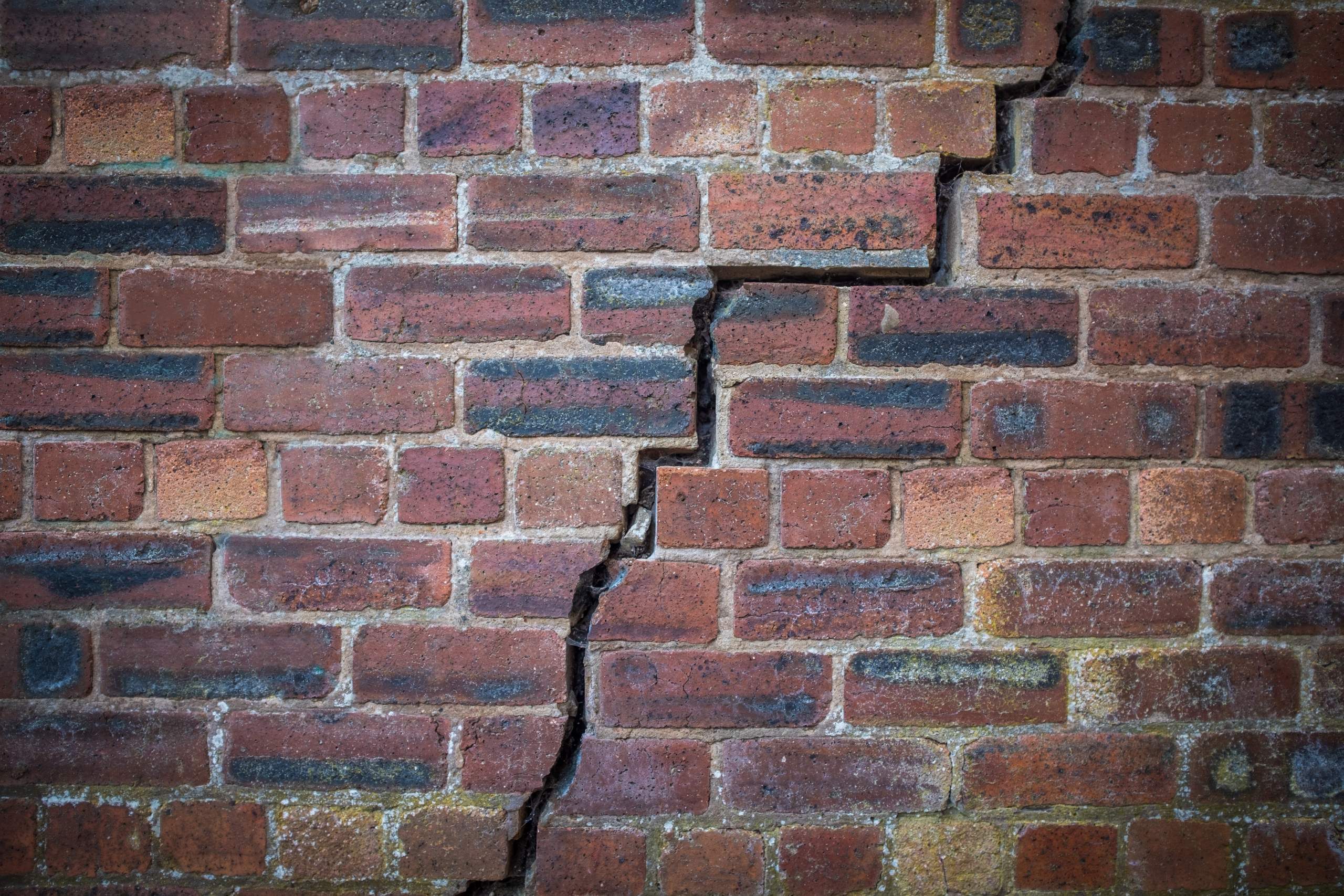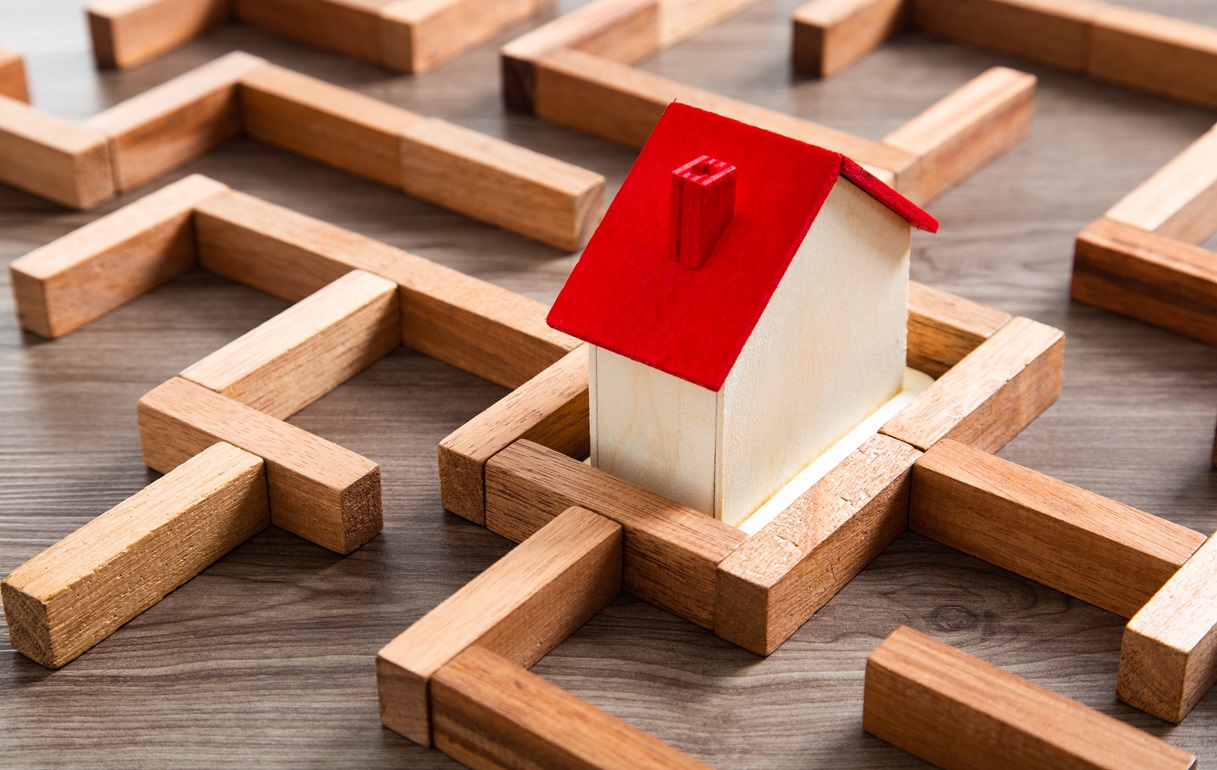You’ve been shopping around and you think you’ve finally found the perfect house. But then, after taking some time to think. you start to worry about structural issues. When you’re buying your first home, structural issues may not be at the top of your list of priorities. Most likely, you’re looking for a home that has the right number of bedrooms, sufficient bathrooms, and newer appliances. But structural issues are absolutely something that every buyer should be wary of.
Structural issues often require complicated, expensive repairs, which are something that most first-time buyers can’t afford. If the home you’re looking at is showing signs of structural damage, it may be best to walk away. If you do decide to proceed with the purchase, it’s probably a good idea to get quotes from some contractors first, so you know what to expect as far as cost.
Here are some signs that a home may have structural damage.
Signs that Indicate Potential Structural Damage
Especially when you’re buying an older home, it’s important to keep an eye out for structural damage. Newer homes can have structural issues, too, but they’re more common with older properties that haven’t been properly maintained.
Buying your first home is a learning experience. But dealing with structural issues is just one of those things you don’t want to have to learn the hard way.
Here are some signs that the house you’re looking at may have structural damage:
- Cracked walls, floors, window glass, ceilings, or a cracked chimney
- Bulging walls or ceilings
- Staircase cracks
- Soil pulling away from your house
- Windows or doors that won’t close properly
- Sagging or sloping floors
- Leaking roof or sagging roof
- Rotted subfloors
- Crumbling brick or concrete
- Dampness in crawl space
- Drainage issues
- Signs of termites or carpenter ants
- Excessive white residue on the chimney
- Plumbing leaks and/or water damage
- Mold or mildew
- Gaps between the floors and walls
- Front porch or stairs moving away from the house
How Do I Know If It’s Structural Damage?
The best way to identify structural damage is to hire a home inspector. If you’re serious about buying a house, but you’re concerned there may be structural issues, it’s important to know what you’re getting into. An experienced home inspector will be able to spot structural damage right away and let you know if there are any major concerns.
Apply for a Home Loan
Buying your first home is exciting, but it’s important not to miss any key steps. Before you begin shopping for houses, you’ll want to get pre-approved. Call our office today to fill out an application!





